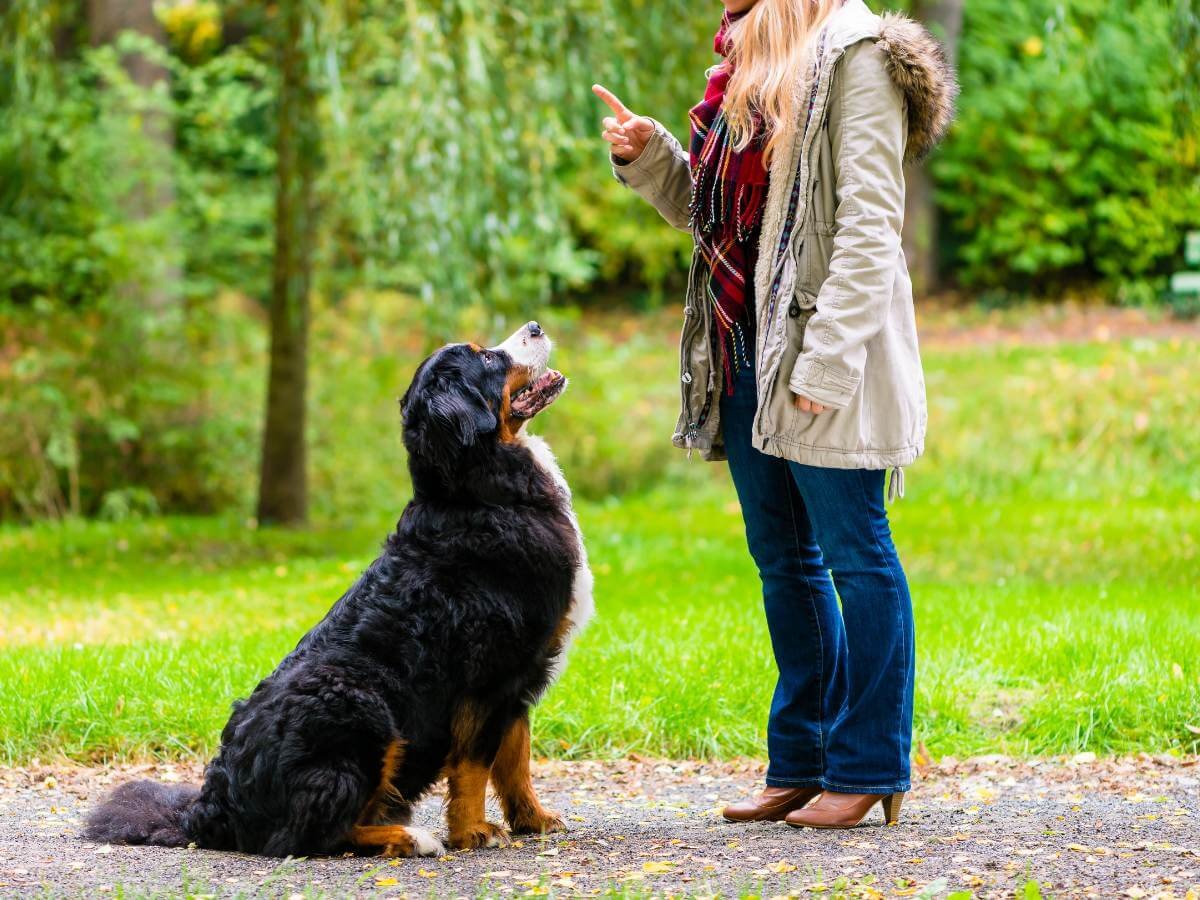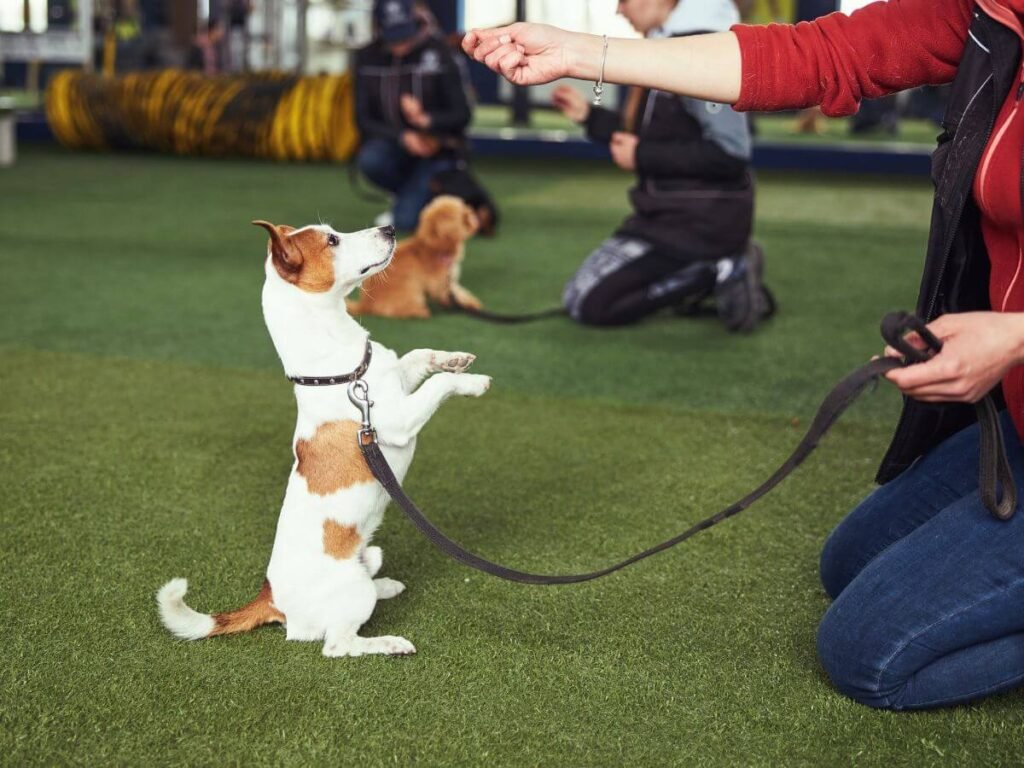
Bringing a puppy into your home is one of the most joyful experiences a family can have. Their playful personalities, boundless energy, and eagerness to bond make them irresistible companions. But as any seasoned pet parent will tell you, raising a puppy also requires structure, patience, and most importantly—timely training.
For dog owners in North York, understanding the best age to begin training is critical. Proper training not only shapes behavior but also creates a foundation for lifelong obedience, confidence, and trust. In this guide, we’ll walk through when to start training your puppy, why timing matters, and how professional classes can make a big difference in your dog’s development.
One of the biggest misconceptions about puppy training is that you need to wait until your dog is older. In fact, the opposite is true. Puppies are fast learners during their early months, and this period is considered their critical socialization window. From around 7 to 16 weeks of age, puppies are most receptive to new experiences, sights, sounds, and routines.
If training is delayed, puppies may become anxious or stubborn as they mature, making it more challenging to introduce good behaviors later. Starting early ensures they learn positive habits before unwanted behaviors take root. Professional dog training in North York can be particularly valuable during this stage. Trainers use structured, positive reinforcement techniques to shape behavior while making training fun and stress-free.
Most experts agree that training can begin as soon as your puppy arrives home, typically around 7–8 weeks old. At this age, your puppy is like a sponge—curious, impressionable, and eager to interact. Training at this stage should focus on basic obedience and socialization, including:
Short, playful training sessions of 5–10 minutes are perfect for this stage, helping build confidence without overwhelming your puppy.
By the time your puppy reaches 3–4 months, they’re ready for more structured obedience classes. These sessions often cover leash training, recall (coming when called), and controlled socialization with other dogs. Attending group classes in North York provides your puppy with exposure to other dogs, new environments, and distractions, all under the guidance of an experienced trainer.
This is also the stage where puppies start developing independence. Without proper guidance, they may test boundaries, so consistent training becomes crucial.
Older puppies can still learn, but the process may require more patience. At this point, training should focus on reinforcing earlier lessons, addressing behavioral challenges, and introducing advanced skills like heel work or agility basics. If training didn’t begin during the early window, don’t worry—it’s never too late. With commitment, consistency, and support from professionals like Hello Pets Inc., even older puppies can thrive in training programs.

Training at home is essential, but it comes with limitations. Your puppy learns best when exposed to different environments, distractions, and social settings. This is where structured puppy classes play a vital role.
In a professional setting, trainers ensure your puppy learns to:
For North York families juggling busy schedules, classes also provide accountability. You’ll have the guidance of trainers while practicing skills at home, ensuring consistency in your puppy’s learning journey.
Obedience isn’t the only type of training puppies need. Grooming, handling, and health-related routines should also be introduced early. Puppies should gradually become comfortable with:
By familiarizing puppies with these processes, you’ll save time, reduce stress, and ensure a healthier life for your pet. At Hello Pets Inc., our team provides a complete range of services, including dog grooming, which complements training by making sure your puppy feels comfortable with every aspect of care.
Even with the best intentions, puppy parents can sometimes make mistakes that slow training progress. Some of the most common are:
Avoiding these pitfalls ensures your puppy’s learning experience remains positive and effective.
Training doesn’t stop once your dog knows the basics. As your puppy grows, continued training reinforces good habits and strengthens your bond. Adult dogs benefit from ongoing mental stimulation, whether through obedience refreshers, agility classes, or puzzle-based enrichment activities.
The skills your puppy learns now—such as listening to commands, tolerating grooming, and walking politely on a leash—lay the foundation for a lifetime of positive interactions. Investing time early saves you stress later, ensuring your dog grows into a well-behaved member of the family.
Starting training early is one of the best decisions you can make for your puppy’s future. The ideal time to begin is around 7–8 weeks, with structured classes by 12–16 weeks to reinforce obedience and socialization. Puppies trained during these critical windows grow into confident, well-mannered dogs who enrich your life in countless ways.
At Hello Pets Inc., we’re dedicated to helping North York pet parents succeed in raising happy, well-trained companions. From dog training programs to professional dog grooming services, our team supports every stage of your puppy’s development. Start early, stay consistent, and enjoy the journey of raising a lifelong friend.
1. What age should I start puppy training in North York?
You can begin training at 7–8 weeks old with basic commands and socialization. By 12–16 weeks, structured obedience classes are highly recommended.
2. Can I train my puppy at home instead of attending classes?
Yes, home training is valuable, but classes add socialization and real-world distractions that home environments can’t replicate. Combining both is ideal.
3. What is the best training method for puppies?
Positive reinforcement—using treats, praise, and play—is the most effective and humane way to train puppies. Punishment-based methods can harm trust.
4. Is it too late to train my puppy if they’re already six months old?
It’s never too late. Older puppies may take longer to learn, but with consistency and patience, they can still develop strong obedience skills.
5. How do grooming services help with puppy training?
Early grooming experiences teach puppies to stay calm during handling, making future vet visits and grooming sessions stress-free. Services like dog grooming in North York complement training by reinforcing calm behavior.